Focus Area
Community and Neighborhood Violence
Violence within neighborhoods and communities has profound consequences for safety, social cohesion, and health equity. It often exacerbates poverty, stress, and access disparities, creating cycles of trauma that can persist across generations. Research in this focus area explores the environmental, social, and economic drivers of community violence, while also identifying effective community-based strategies for prevention. By collaborating with residents, organizations, and policymakers, faculty and projects work to design interventions that strengthen neighborhood safety, promote resilience, and foster vibrant, thriving communities.
Researchers
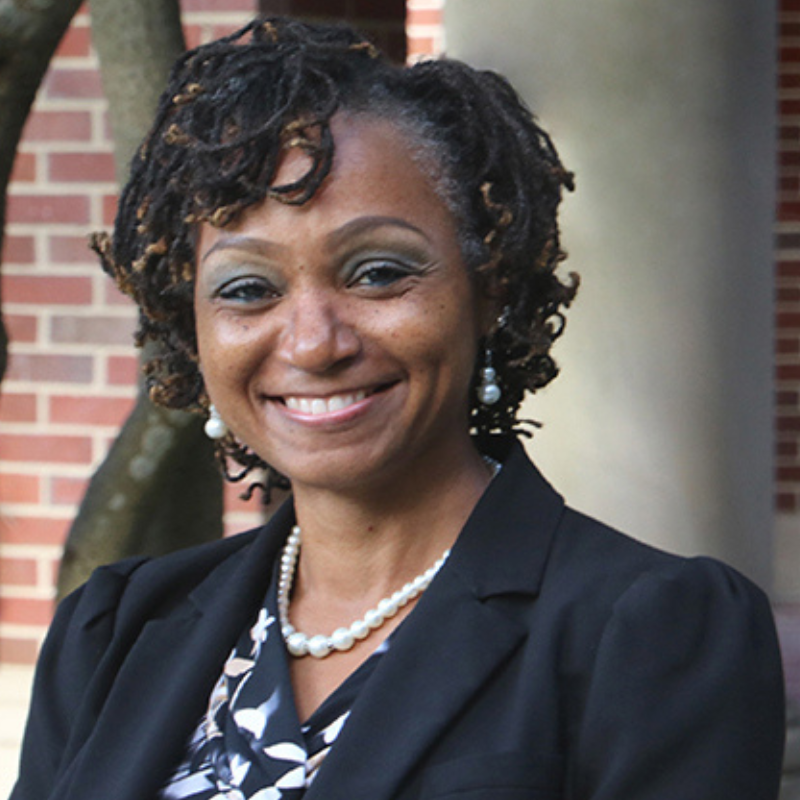
Andrea S. Boyles, PhD
Associate Professor, School of Liberal Arts
Specialty Areas: Police-Citizen Relations, Neighborhood Disadvantage & Disorder, Community Development & Engagement, Resilience & Collective Action

Xiaojin Chen, PhD
Professor, School of Liberal Arts
Specialty Areas: Developmental Criminology, Delinquency & Victimization Among Disadvantaged Children

Sarah M. C. Deland, MD
Assistant Professor of Adult Psychiatry & Forensic Neurospychiatry, School of Medicine
Specialty Areas: Forensic Psychiatry, Impulse Control Disorders
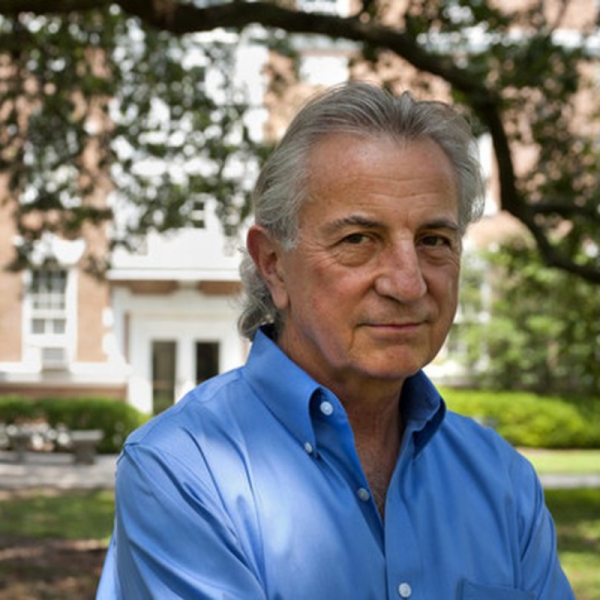
Charles R. Figley, PhD
Kurzweg Distinguished Chair in Disaster Mental Health, Distinguished Professor, School of Social Work
Specialty Areas: PTSD, Disaster Mental Health, Collective Trauma
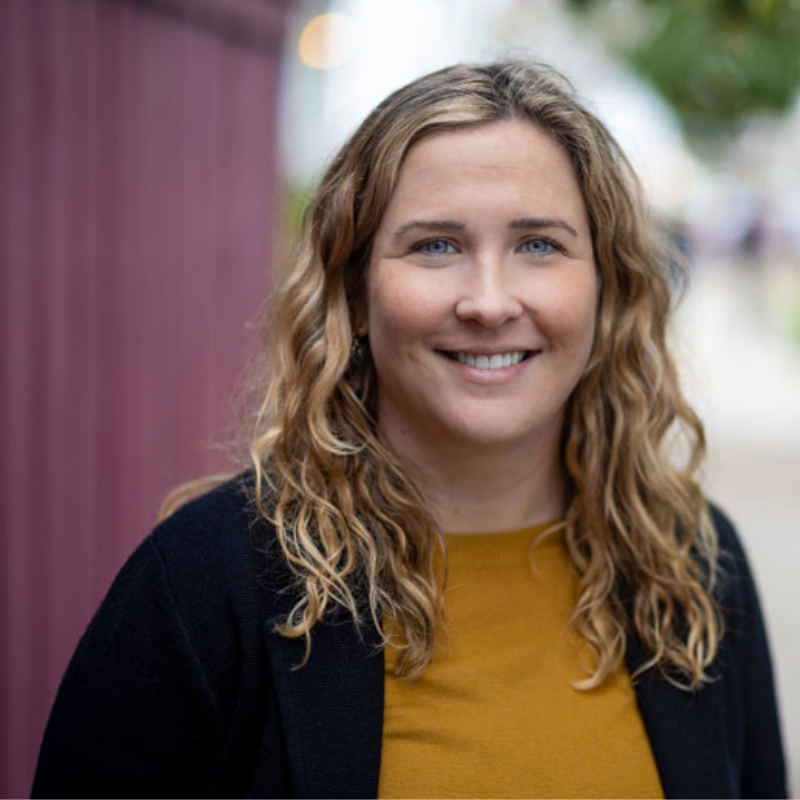
Julia Fleckman, PhD
Adjunct Professor
Specialty Areas: Structural and Social Determinants of Firearm Violence, Evaluation of Firearm Violence Prevention Strategies, Community-Partnered Research, Evaluation of IPV and Gender-based Violence Interventions, Restorative Approaches
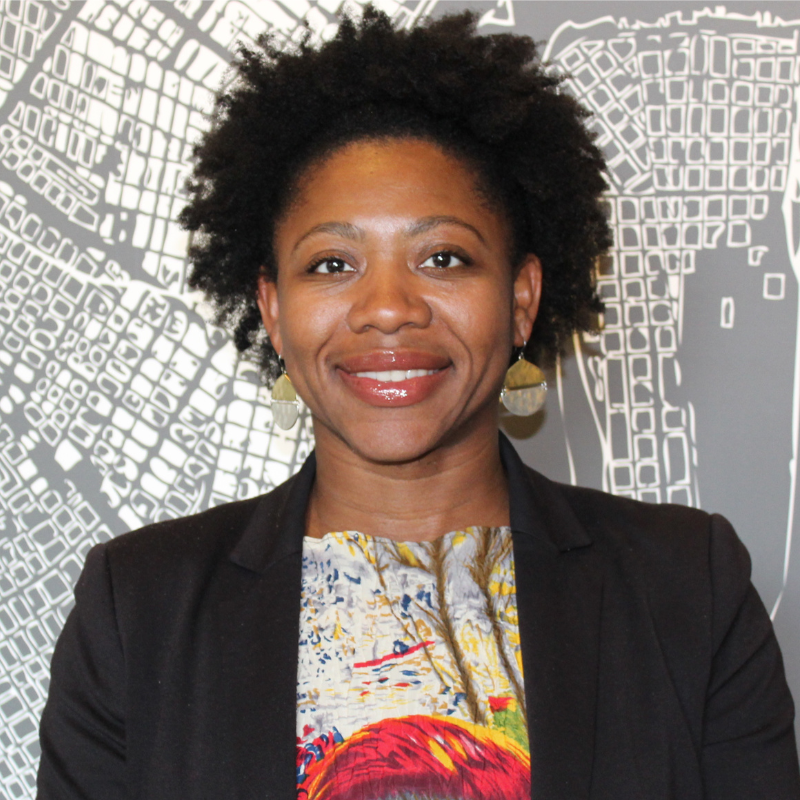
Samantha Francois, PhD
Adjunct Professor
Specialty Areas: Adolescent Development, Structural Violence, Anti-racist Research

Gina Manguno-Mire, PhD, ABPP
Associate Professor, Forensic Division, School of Medicine
Specialty Areas: PTSD, Violence Risk Assessment, Forensic Psychology

Corey Miles, PhD
Assistant Professor, School of Liberal Arts
Specialty Areas: Policing, Racism and Systemic Oppression, Incarceration
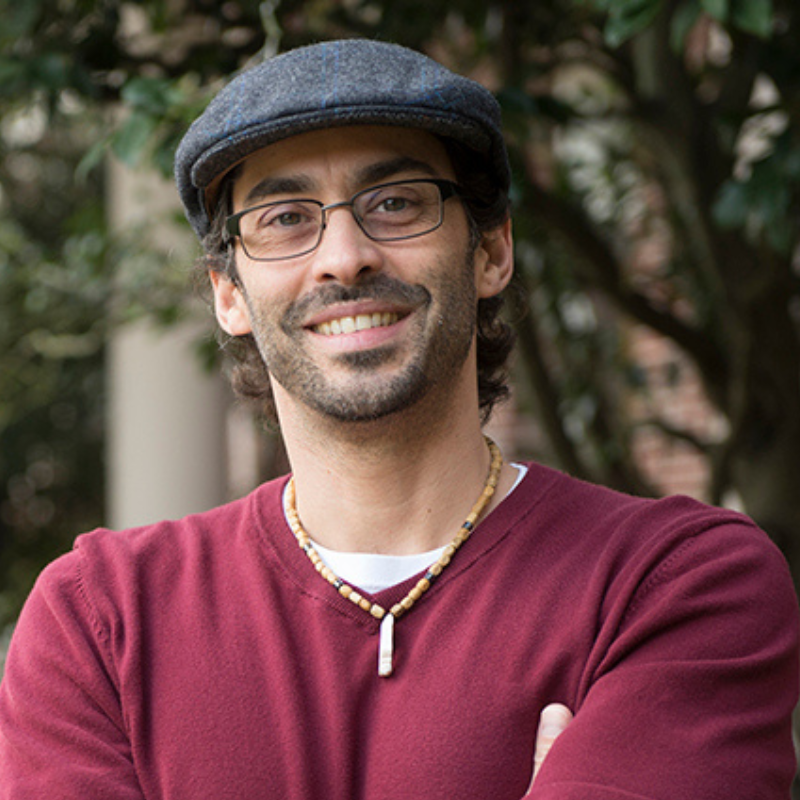
Stephen Ostertag, PhD
Associate Professor, Sociology, School of Liberal Arts
Specialty Areas: Media, Crime And Incarceration, Racism And Systemic Oppression
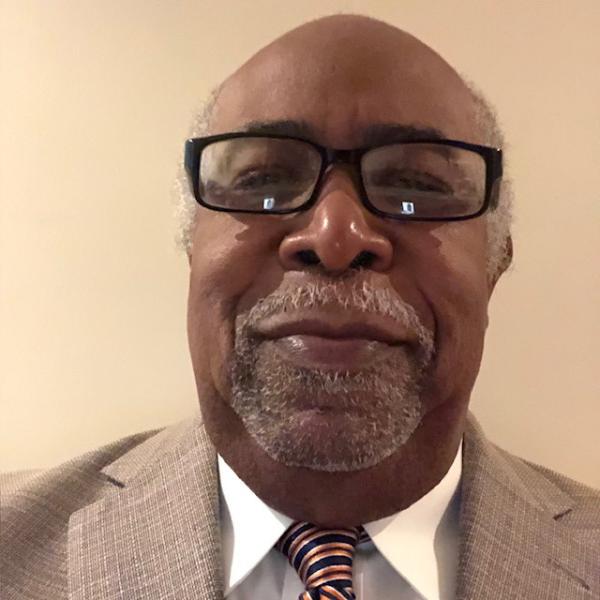
Reginald Parquet, PhD, LCSW-BACS
Associate Dean for Faculty, Staff and Student Engagement and Opportunity, Clinical Associate Professor
Specialty Areas: Juvenile Legal System, Motivational Interviewing, Strengths building, Historical Oppression & Marginalization, Community Mental Health, Trauma
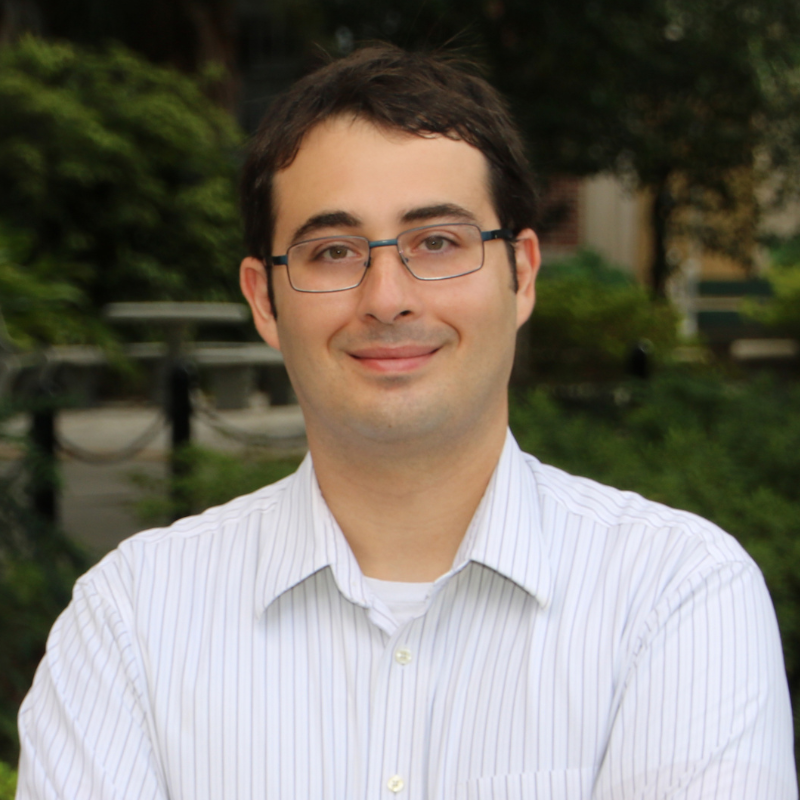
Patrick Rafail, PhD
Associate Professor, Sociology, School of Liberal Arts
Specialty Areas: Social Movements And Collective Behavior, Applied Statistics, Political Sociology, Social Control, Complex Organizations, Urban Policing

Leia Saltzman, PhD, LMSW
Associate Professor, School of Social Work
Specialty Areas: Mass Disaster, Posttraumatic Growth
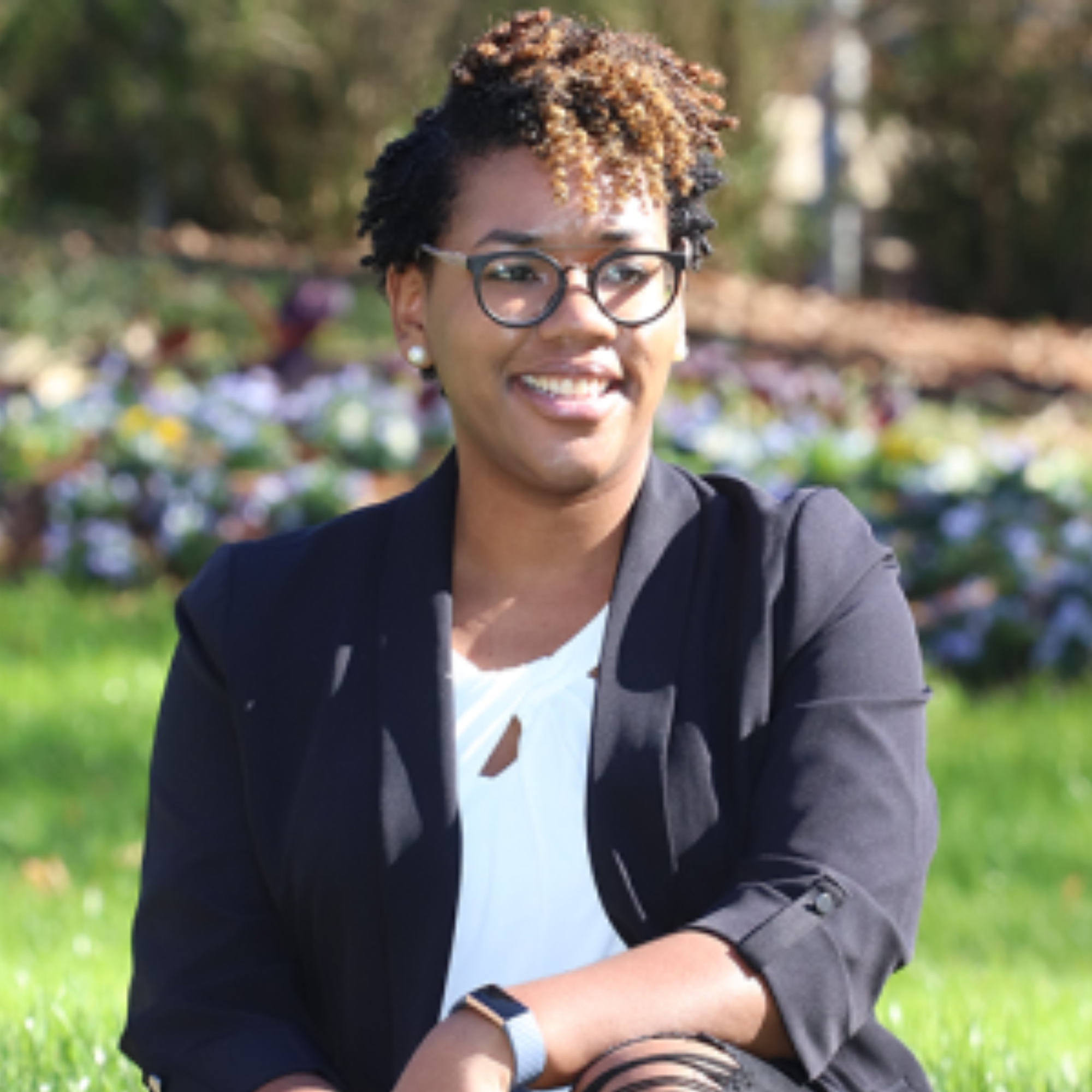
Chelsea Singleton, PhD, MPH
Assistant Professor, The Celia Scott Weatherhead School of Public Health & Tropical Medicine
Specialty Areas: Epidemiology, Nutritional Inequities, Racism and Structural Violence

Loretta Sonnier, MD
Assistant Professor of Psychiatry, School of Medicine
Specialty Areas: Child And Adolescent Forensic Psychiatry, Violence Risk Assessment

Katherine (Kat) Theall
Co-Director, Violence Prevention Institute Cecile Usdin Professorship in Women’s Health
Specialty Areas: Health Equity, Built & Social Environment, Maternal Health, Social Epidemiology

John W. Thompson, MD
Chair and Professor of Psychiatry & Behavioral Sciences, School of Medicine
Specialty Areas: Adult, Addiction And Forensic Psychiatry
Projects
Center for Youth Equity
Enrichment 2 Empowerment
Supportive Hospital-based Intervention for Firearm Trauma
Community-Based Violence Intervention & Prevention Initiative
Healthy Neighborhoods
Publications
Cunningham-Myrie, C., Moore, T., Wiggan, J., Younger-Coleman, N., McFarlane, S., Gordon-Strachan, G., Francis, D., Bennett, N., Govia, I., Tulloch-Reid, M., Ferguson, T. S., Aiken, W., Grant, A., Davidson, T., Webster-Kerr, K., Wilks, R., & Theall, K. P. (2025). Neighborhood disorder and depressive symptoms in Jamaican adults: the mediating roles of neighborhood crime and safety problems and collective efficacy. Frontiers in Epidemiology, 5. https://doi.org/10.3389/fepid.2025.1467838
Gartner, D. J., Winata, F., Rose, D., Sheehan, K. M., McLafferty, S. L., & Singleton, C. R. (2025). Self-reported exposure to community violence and perceived stress as barriers to healthy eating intention among Black adults. American Journal of Health Promotion. https://doi.org/10.1177/08901171251388839
Peacock, E., Saltzman, L., & Krousel-Wood, M. (2025). Abstract 015: Sleep Health and Cardiometabolic Risk in Health Care Workers: The role of heart rate and heart rate variability. Circulation, 151(Suppl_1). https://doi.org/10.1161/cir.151.suppl_1.015
Dragana Lovre, Qadir, F., Bateman, K., Saltzman, L. Y., Sherman, M., & Franck Mauvais-Jarvis. (2024). Acute estradiol and progesterone therapy in hospitalized adults to reduce COVID-19 severity: a randomized control trial. Scientific Reports, 14(1). https://doi.org/10.1038/s41598-024-73263-5
Hansel, T. C., Saltzman, L. Y., & Melton, P. A. (2024). Work Environment and Health Care Workforce Well-Being: Mental Health and Burnout in Medically Underserved Communities Prone to Disaster. American Journal of Public Health, 114(S2), 156–161. https://doi.org/10.2105/ajph.2023.307478
Moss, L., Wu, K., Tucker, A., Durbin-Matrone, R., Roude, G. D., Francois, S., Richardson, L., & Theall, K. P. (2024). A qualitative exploration of the built environment as a key mechanism of safety and social cohesion for youth in high-violence communities. Journal of Urban Health, 101, 620–628. https://doi.org/10.1007/s11524-024-00842-5
Nice, J., Saltzman, L., Thurman, T. R., & Zani, B. (2024). AIDSImpact special issue: latent class analysis of ART barriers among adolescents and young adults living with HIV in South Africa. AIDS Care, 36, 1–9. https://doi.org/10.1080/09540121.2024.2307389
Saltzman, L. Y., & Hansel, T. C. (2024). Child and adolescent trauma response following climate-related events: Leveraging existing knowledge with new technologies. Traumatology. https://doi.org/10.1037/trm0000512
Saltzman, L. Y., & Hansel, T. C. (2024). Psychological and social determinants of adaptation: the impact of finances, loneliness, information access and chronic stress on resilience activation. Frontiers in Psychology, 15. https://doi.org/10.3389/fpsyg.2024.1245765
Saltzman, L. Y., & Terzis, L. (2024). Psychological predictors of the time perspective: The role of posttraumatic stress disorder, posttraumatic growth, and temporal triggers in a sample of bereaved adults. PLOS ONE, 19(3), e0298445–e0298445. https://doi.org/10.1371/journal.pone.0298445
Saltzman, L. Y., Hansel, T. C., & Ferreira, R. J. (2024). Climate Change and Disaster Mental Health: Addressing Burnout and Leveraging Wearable Technology for First Responder and the Healthcare Workforce Retention. Disaster Medicine and Public Health Preparedness, 18. https://doi.org/10.1017/dmp.2024.185
Theall, K. P., Wallace, J., Tucker, A., Wu, K., Walker, B., Gustat, J., Kondo, M., Morrison, C., Pealer, C., Branas, C. C., & Richardson, L. (2024). Building a Culture of Health Through the Built Environment: Impact of a Cluster Randomized Trial Remediating Vacant and Abandoned Property on Health Mindsets. Research square, rs.3.rs-4415610. https://doi.org/10.21203/rs.3.rs-4415610/v1
Chen, X. & Rafail, P. (2022). Physical disorder and crime revisited: New evidence from intensive longitudinal data. Social Science Research, 102, 102637. https://doi.org/10.1016/j.ssresearch.2021.102637
Fleckman, J.M., Cathy, T., Kondo, M., Francois, S., Drury, S., & Theall, K.P. (2022). 094 The spread of disorder from neighborhood to household: connections between neighborhood blighted property and family violence. Injury Prevention, 28(Suppl 1), A33-A33. http://dx.doi.org/10.1136/injuryprev-2022-SAVIR.85
Fleckman, J.M., Tokarz, S., Craig-Kuhn, M.C., Wallace, M.E., & Theall, K.P. (2022). Neighborhood matters: Neighborhood violence, collective efficacy, and social emotional development in early childhood. Children and Youth Services Review, 143, 106700. https://doi.org/10.1016/j.childyouth.2022.106700
Francois, S. & Davis, C. (2022). What Is Safety to You? Determining an Inductive Conceptualization of Neighborhood Safety Through Centering the Voices of Community Residents. Urban Social Work, 6(2), 129-147. https://connect.springerpub.com/content/sgrusw/6/2/129.abstract
Theall, K.P., Morrison, C.N., Jacoby, S.F., Tucker, A., Wallace, M.E., Kondo, M.C., Branas, C.C., & Gustat, J. (2022). Neighborhood Blighted Property Removal and 311 Calls for Non‐Emergency Services: A Test of a Marker of Social Control. Geographical Analysis, 54(2), 261-273. https://doi.org/10.1111/gean.12286
Chen, X., & Rafail, P. (2020). Do housing vacancies induce more crime? A spatiotemporal regression analysis. Crime & Delinquency, 66(11), 1579-1605. https://doi.org/10.1177/0011128719854347
Theall, K.P., Morrison, C., Kondo, M., Wallace, M., & Branas, C. (2020). 147 The promises and challenges of place-based solutions to violence prevention. Injury Prevention, 26 (Suppl 1), A22-A22. http://dx.doi.org/10.1136/injuryprev-2020-savir.54
Address
1440 Canal Street, Suite 1510, New Orleans, LA 70112
social media
@tulanevpi
